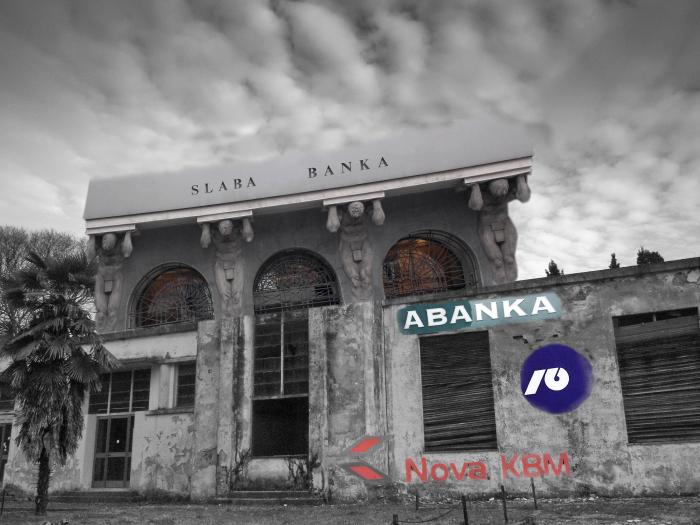
Slovenia's government listed 15 companies in May that it would sell as part of its effort to stabilise the country's finances and avoid becoming the latest member of Europe's 17-nation currency union to seek a bailout from the International Monetary Fund and the European Union.
"The timetable of privatisations should be ready by the end of the month and all privatisations will be done through public tender," Bratušek told reporters during a conference in the Slovenian town of Bled. She gave no further details.
Since independence in 1991, successive Slovenian governments have avoided selling state assets, cushioned by an economy booming on the back of exports.
But the Alpine country of 2 million people slid into recession with the onset of the global crisis, lifting the veil on a culture of cronyism and mismanagement and leaving its banking sector with a bad-loan portfolio of an estimated 7.5 billion euros ($9.9 billion).
Financial markets are on alert for signs of backsliding in the government's package of measures to steady its finances, with some members of the ruling coalition resistant to privatisation.

































































